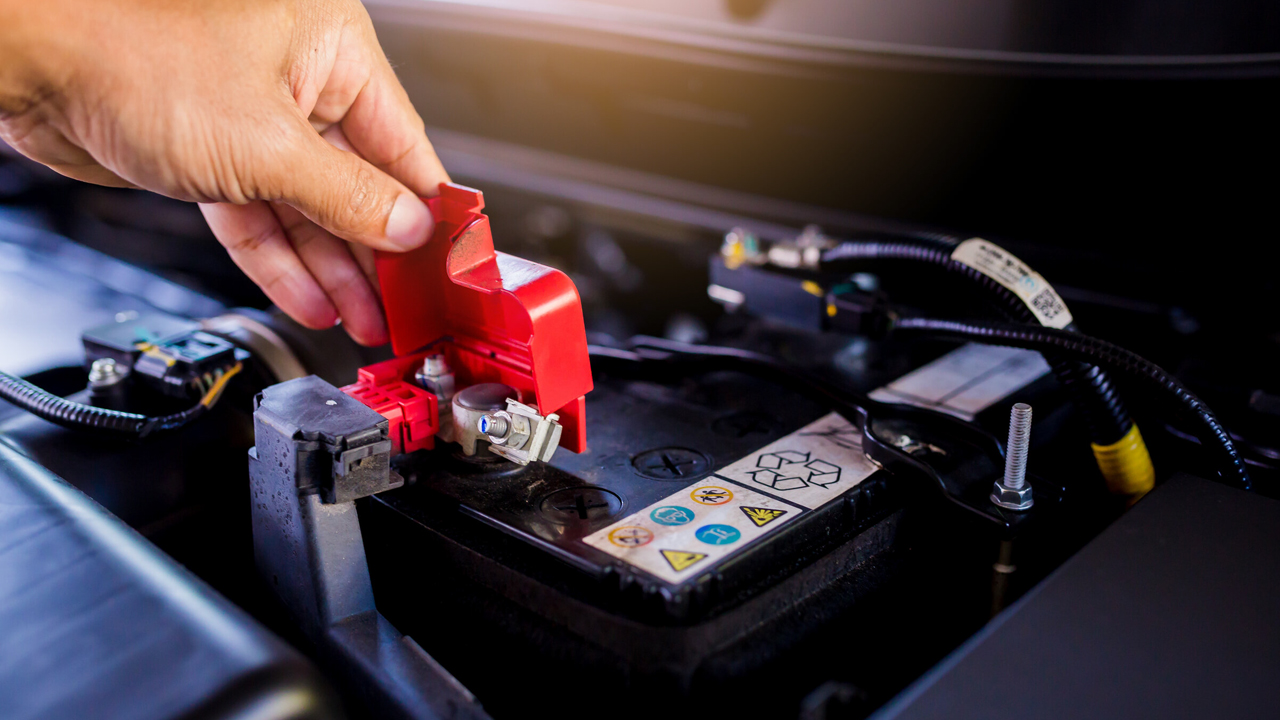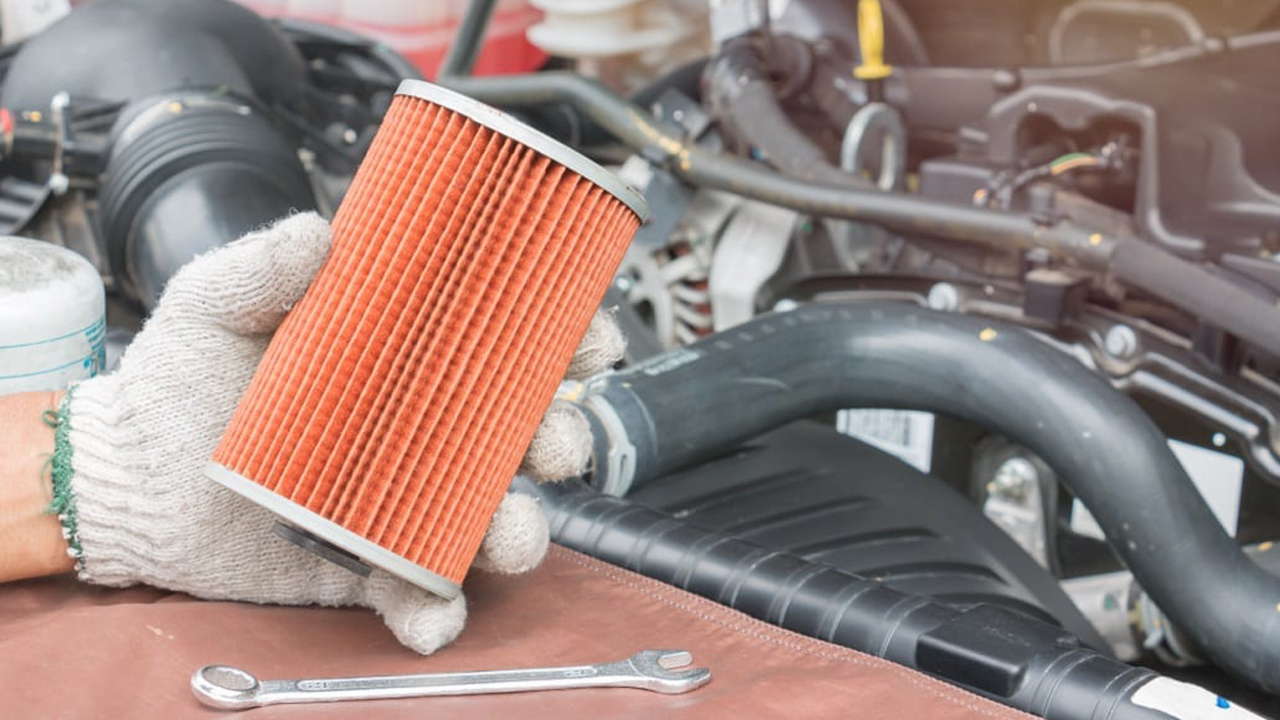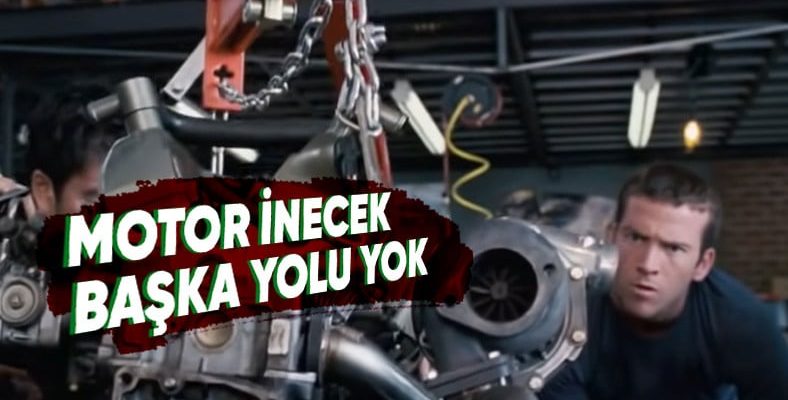Even though everything seems fine when you set off with your car, understanding your vehicle’s language can sometimes be more difficult than you think. So how do you know if your car is trying to tell you there’s a problem?
Sometimes a small sound, sometimes a light, sometimes a feeling can be a sign that your vehicle is calling for help. Signs that your vehicle is about to break down After reading it, you will not only prevent yourself from being stranded on the road, but you can also extend the life of your vehicle.
Understanding your vehicle’s language, It’s important to pay attention to these signs to stay safe on the road and keep expenses under control. If you notice anyone in your car while reading, it may be time to get your vehicle serviced before it’s too late.
Signs that your vehicle may malfunction:
- Rising engine temperature may indicate a serious problem.
- Weird engine sounds that tell you about your car’s health
- If there is smoke coming from the exhaust, there may be a problem with your engine.
- Steering and braking problems that directly affect your driving safety
- Electrical and lighting problems that will affect your vehicle’s performance
- Tire pressure and wear issues affecting performance and safety
- Gear and transmission problems that disrupt your vehicle’s power transmission
- Battery and charging problems that prevent electrical systems from working
- Fuel system problems that will affect your vehicle’s performance and efficiency
Rising engine temperature may indicate a serious problem.
- The radiator has an important role in cooling the engine. Any blockage or leakage that occurs, engine overheating why could it be.
- If the coolant level is low It does not regulate the temperature of the engine. Here too, leaks and hose problems are among the reasons for engine overheating.
- Controlling engine temperature thermostat problems also affects engine temperature.
What to do when engine temperature rises The first thing to do on the list is to pull the vehicle to a safe place and turn off the engine. After waiting until the engine cools down, you can check the coolant and add the appropriate fluid if it is missing.
While you can check the radiator for leaks or blockages, you should contact the service center without any delay to identify the root cause of the problem and repair it. Regular maintenance of the engine cooling systemIt should not be forgotten that it can help prevent such problems. Regularly checking your vehicle’s cooling system protects your budget by preventing serious malfunctions and expenses in the long run.
Weird engine sounds that tell you about your car’s health
- Noises such as squeaks and buzzing, wear of belts or may be caused by its loosening. Insufficient lubrication can also cause such noises.
- Problems in the exhaust system explosion-like sounds why could it be. These sounds are usually caused by the fuel not burning properly in the combustion chamber.
Among the things to do when you notice changes in engine sounds: source and type of sound It comes to understanding. If you have some understanding of vehicles and know what the noise is, you can be one step ahead in diagnosing the problem.
loose strap You should also check if there are any visible problems such as leaks or leaks. If you can’t find the problem, calling your mechanic is the best thing you can do.
To avoid experiencing this kind of problem in your vehicle again, engine oil and filters You need to change it in time. In this way, you can ensure that your engine remains healthy for longer. Don’t forget to include checks of engine components such as belts and hoses in your general maintenance.
If there is smoke coming from the exhaust, there may be a problem with your engine.
- coming out of exhaust white smoke It is usually caused by coolant burning. It could be a sign of a crack in the cylinder head or a leaking head gasket.
- While you’re on the road, there’s a huge sign behind you. black smoke If you are letting go, your fuel may not be burning completely and this is due to the imbalance of the air/fuel mixture.
- blue smoke indicates the burning of engine oil. There may be oil leakage or excessive oil consumption inside the engine.
When you notice exhaust coming from your vehicle, first look at the color of the smoke and intervene if there is something you can do. Check oil level and coolant You can start by checking. If there is a problem you cannot solve, consult the service depending on the color of the smoke.
Regular maintenance is also essential to reduce the impact of the exhaust system on the environment. reduces emissions You should know that it will minimize the impact on the environment.
Steering and braking problems that directly affect your driving safety
- In the steering system stiffness or tremors, is usually caused by problems in the hydraulic system. This could be caused by a low power steering fluid level or an air leak.
- If you hear a noise when you turn the steering wheel wear on steering pump or there may be a malfunction.
- If the pedal feels too soft or hard when you press the brake, there is a problem with the braking system. This may also be due to air leakage. brake fluid low level.
- Squeaking noises or slow response of the brakes when braking worn brake pads indicates that it might happen.
What you need to do about this is Steering and brake fluid levels check control. Changing the fluids regularly will prevent you from having problems. Remember that great dangers may arise, especially when it comes to braking.
Electrical and lighting problems that will affect your vehicle’s performance
- Radio, air conditioning, Failure of accessories such as automatic windows to work indicates that there is a problem with the electrical system.
- headlights, brake lights or signal lamps Poor or uneven combustion is usually caused by problems with electrical connections.
- If the lights do not work completely, it is usually bulb failures or arise from insurance problems.
Tire pressure and wear issues affecting performance and safety
- low tire pressure, It reduces fuel efficiency and can cause the tire to overheat, which can lead to a blowout.
- High pressure This causes the tire to harden and reduce road grip.
- Uneven tire wear can cause alignment problems or suspension may indicate problems.
- Excessive wear of tires, handling and negatively affects braking performance.
Gear and transmission problems that disrupt your vehicle’s power transmission
- Hardness or sticking when changing gear, low transmission fluid It may be caused by wear or tear on internal components.
- coming from transmission noise and tremorsmay indicate wear or damage to internal components.
Battery and charging problems that prevent electrical systems from working

- In time, battery capacities loses some of it. This may cause the vehicle to have difficulty starting or electrical components to not function properly.
- The alternator charges the battery and provides power to the electrical systems. Malfunctions in the alternator, Proper charging of the battery may cause it not to happen.
To avoid these problems, ensure that the battery is clean and in good condition. corrosion at the poles clear it. Also check the charge level of the battery and charge it when necessary. It should not be forgotten that the lifespan of batteries is limited. performance degradation Replace your battery when noticed.
Fuel system problems that will affect your vehicle’s performance and efficiency

- If your vehicle used to consume less fuel and now consumes more, this fuel injectors, It may be caused by problems with components such as the air filter or oxygen sensor.
- Failure of the fuel pump may cause the engine not to receive enough fuel and loss of performance why could it be.
- Fuel filter clogging is another factor that blocks fuel flow and prevents the engine from working properly.
The health of your vehicle is of great importance not only for a comfortable driving experience, but also for the safety of you and your loved ones. All these symptoms your vehicle’s maintenance or repair needs shows. Ignoring these signs can lead to bigger problems and expenses.
If you notice any problems with your vehicle, consult an expert immediately. regular maintenance and early intervention keeps you and your passengers safe while extending the life of your vehicle. Remember, listening to what your vehicle tells you always guarantees the best rides.
You can ensure safe driving by checking out our other content about cars:
RELATED NEWS
Error Lights and Their Meanings That Will Help You Quickly Understand What Problem Your Car Has When It Comes On Again
RELATED NEWS
What Do These Red Lines on the Dashboard of Cars Mean?
RELATED NEWS
Don’t Do These 7 Moves When Driving a Manual Transmission Car!
RELATED NEWS
If You Drive a Car with Automatic Transmission, Don’t Make These 10 Mistakes!
RELATED NEWS
What is Semi-Automatic Transmission? What is the difference from Fully Automatic Transmission?
RELATED NEWS
No Joke: Why You Shouldn’t Use “Cruise Control” While Driving in Rainy Weather?
RELATED NEWS
Those Who Say “I’m a Manual Man, Brother” Are Trembling Inside: What Causes a Car Shaking When You Shift It to the Wrong Gear?
RELATED NEWS
